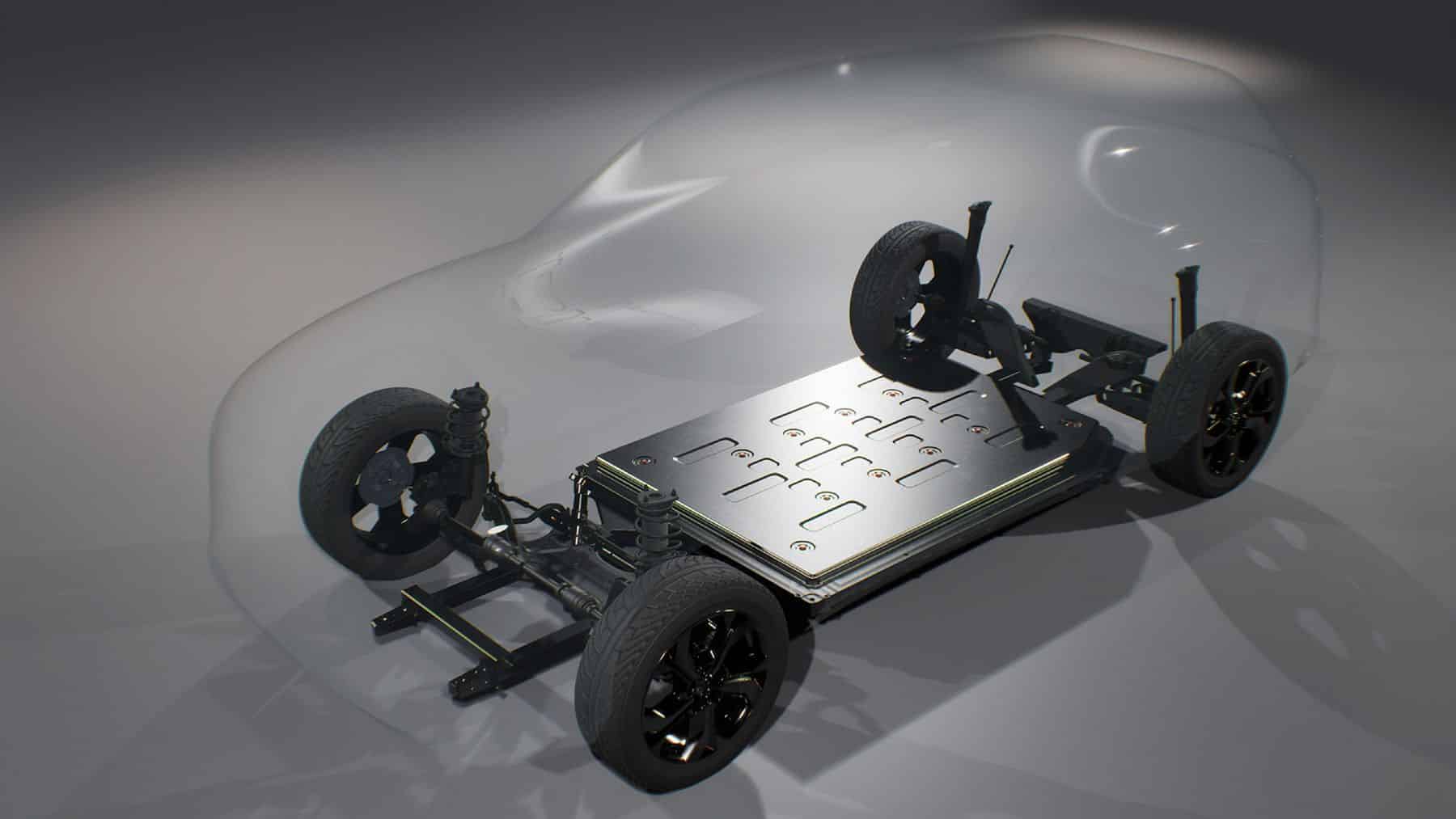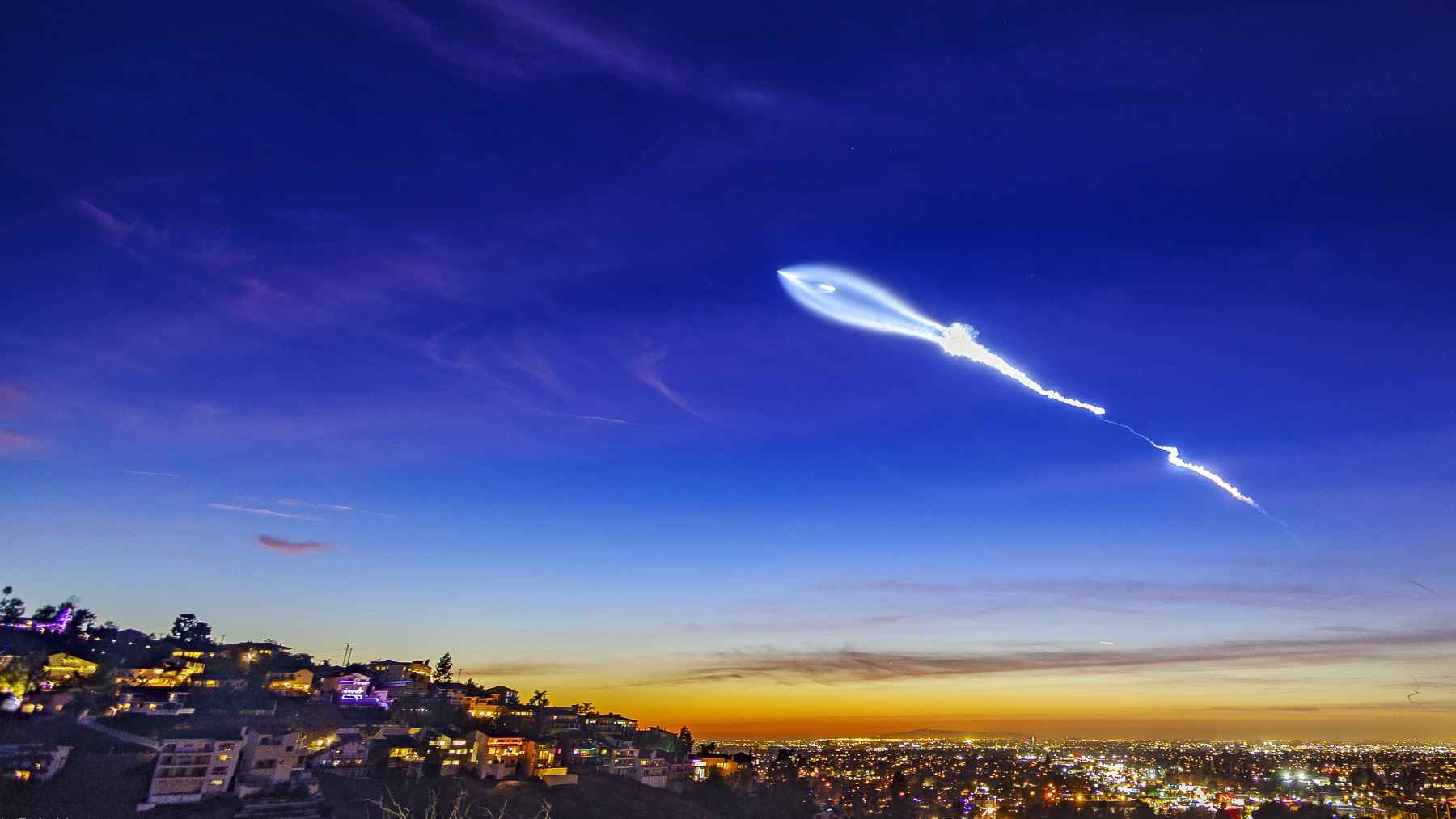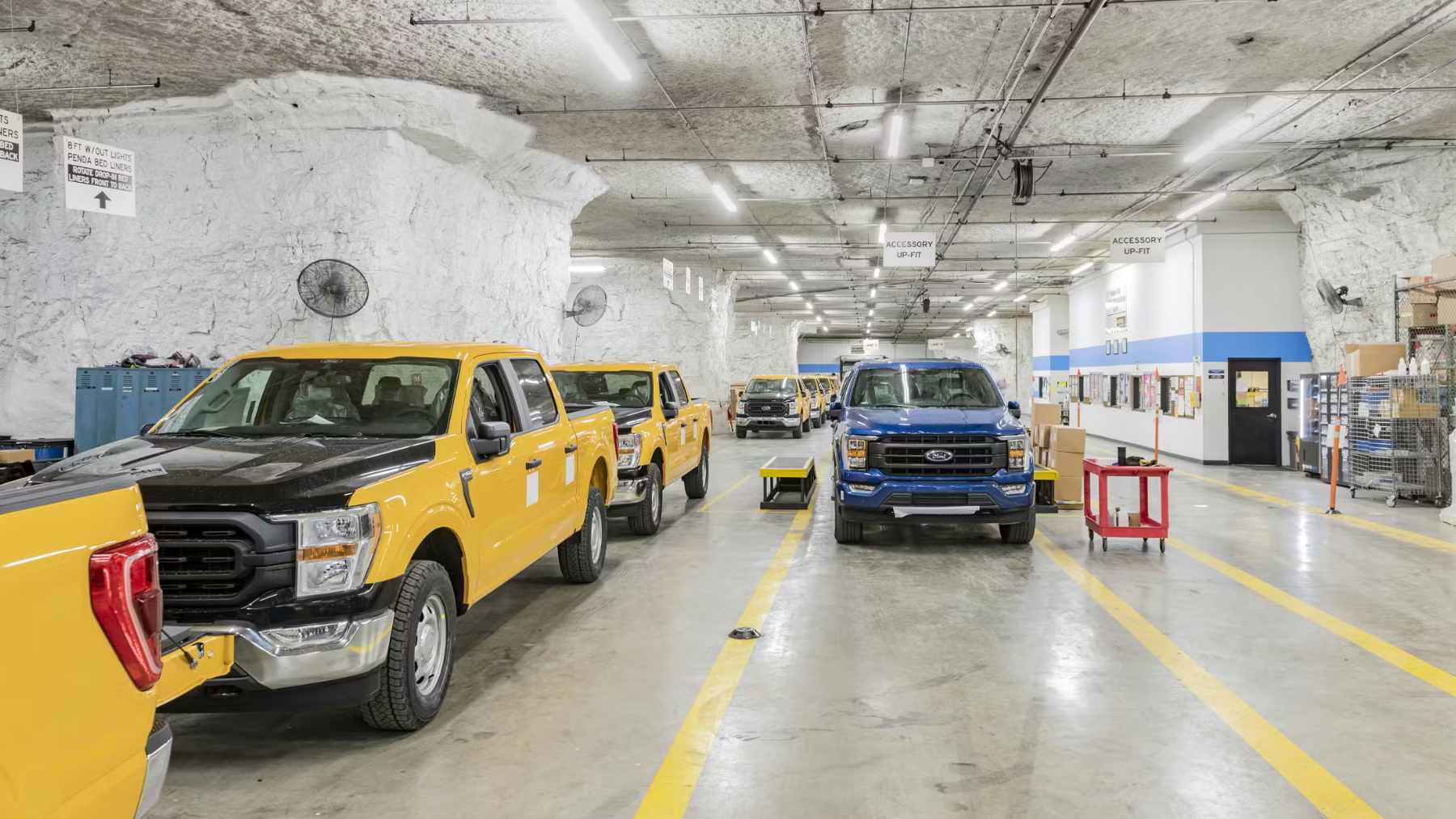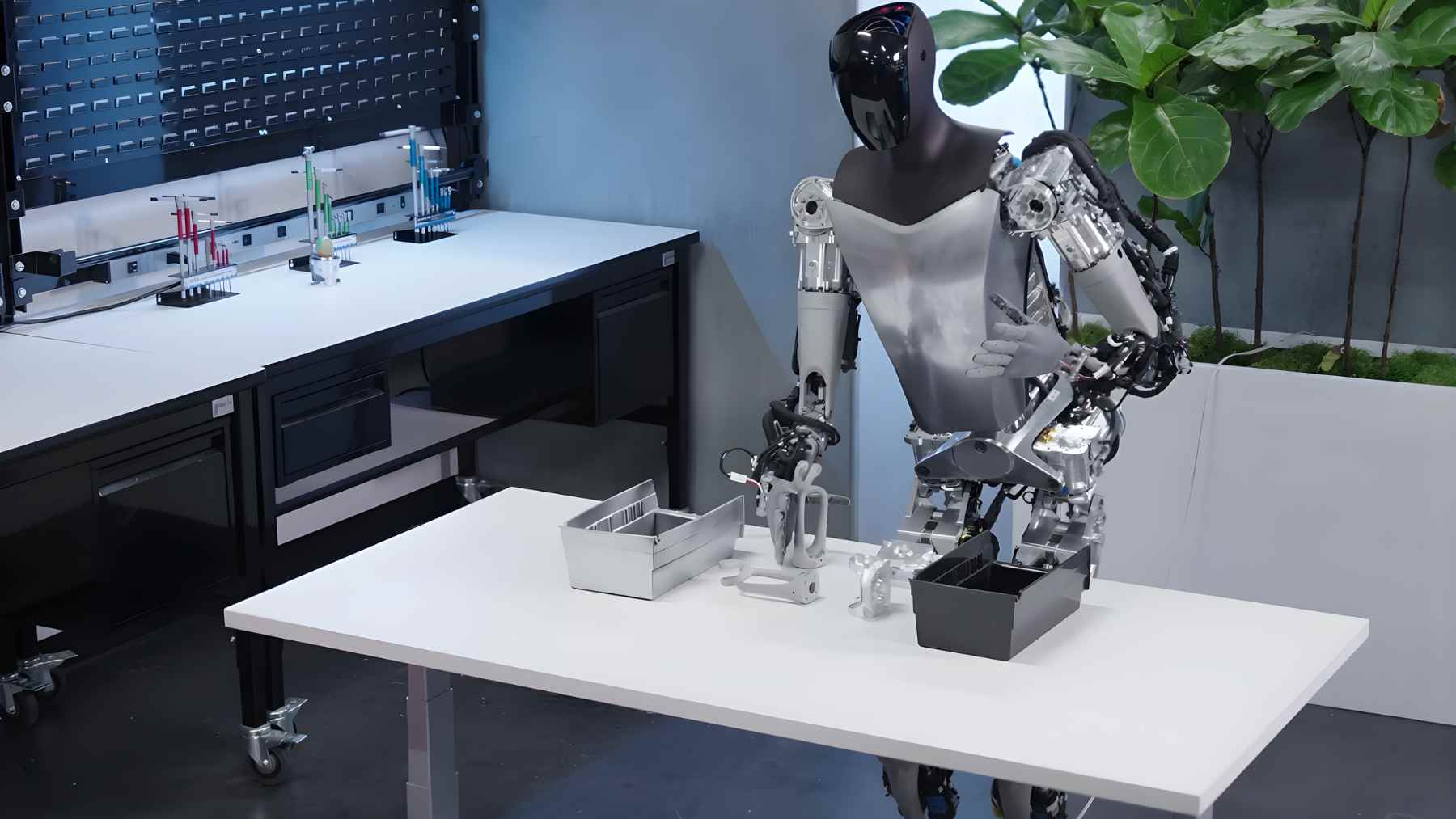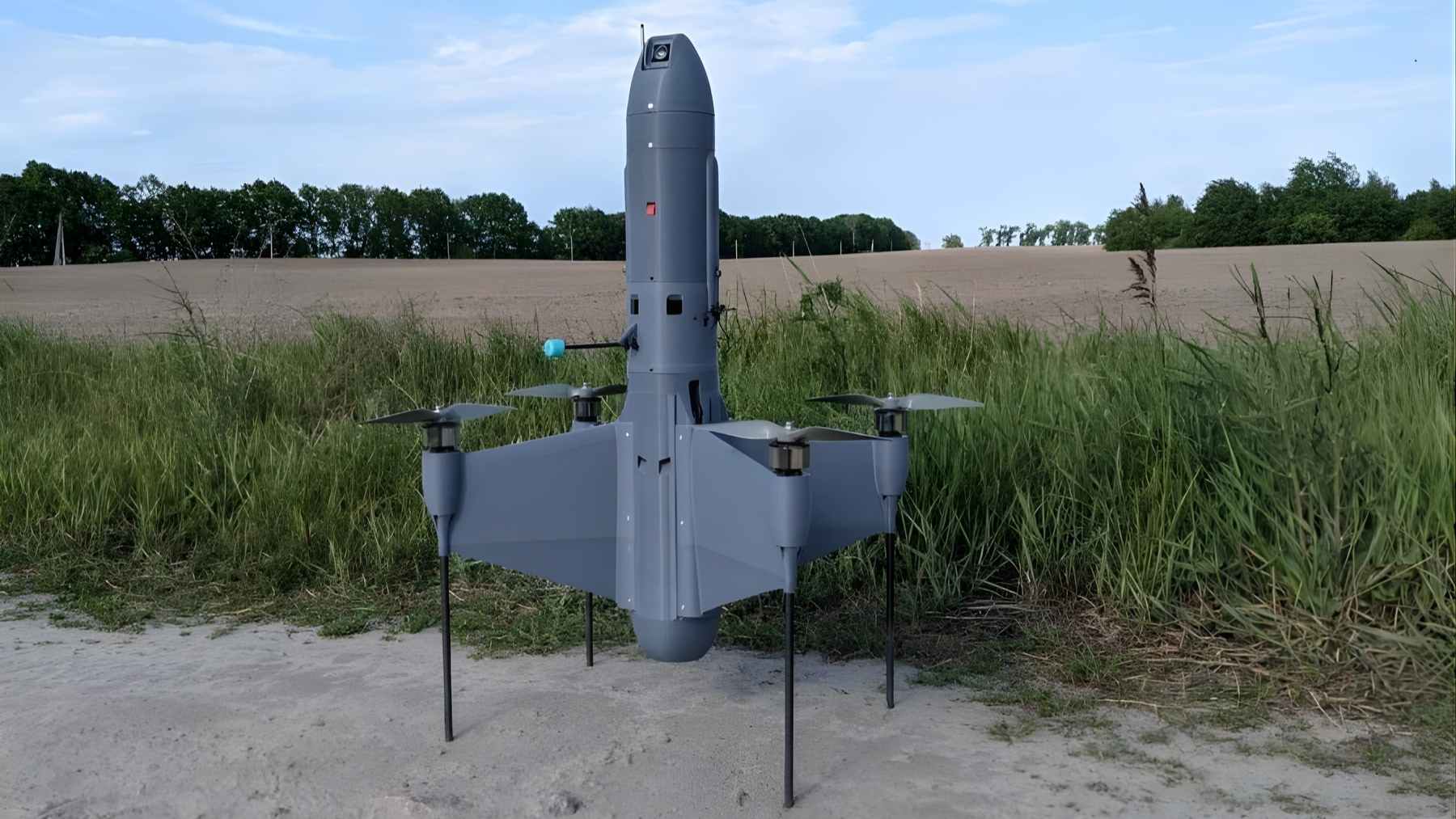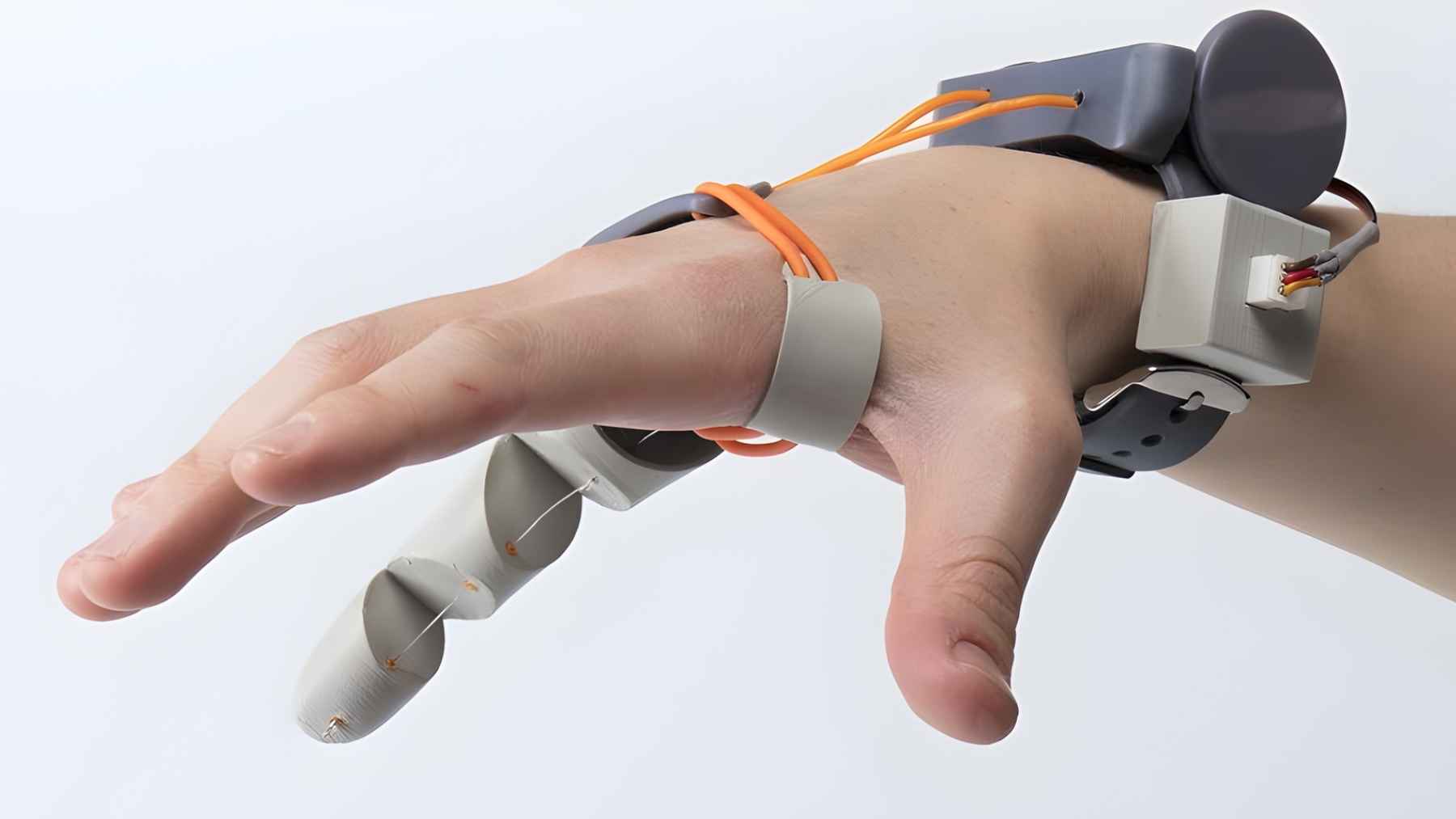As the world grapples with climate concerns, many automobile companies are pushing towards offering alternative engine solutions. These engines are playing a vital role in shaping the automobile world for a future where the internal combustion engine is no longer the standard engine on the road. Mazda has recently announced a change in strategy regarding their plans for their new electric vehicle model, prioritizing a more flexible production strategy going forward.
Electric vehicles are shaping the future
Electric vehicles are becoming the standard go-to when it comes to developing alternative engine solutions. With the electric-hybrid vehicle options being the most favored by consumers, it is becoming increasingly obvious to vehicle producers that consumers trust electric vehicles above and beyond other alternative engine sources. Almost all major automobile companies now offer an electric vehicle model, highlighting how electrical technology is expected by consumers and companies must follow suit to remain relevant.
While the electrical engine is taking the world by a storm, other companies are ensuring that they stay ahead of the curve by investing in other alternative engine solutions. While electric models remain superior in terms of popularity, companies like Toyota have been investing in other engine technologies such as hydrogen in an effort to diversify their model lineup and continue to be forward thinking when it comes to technology.
Mazda changes their electric vehicle plans
Currently, Japanese company Mazda’s electric vehicle offering is the plug-in hybrid Mazda MX-30 EV as well as the plug-in hybrid the Mazda CX-90 PHEV. The company’s growth has been impressive, especially considering that they only sell plug-in hybrids and do not have a fully electric vehicle offering. Mazda’s US sales grew by 16% last year compared to 2023, with over 420,000 vehicles sold in the US.
Recently, the company has announced changes in their electric vehicle strategy, slashing $3.3 billion dollars from their $13.3 billion electric vehicle plans. Mazda has recognized that there is still significant room for hybrid and internal combustion engine. Due to this, Mazda’s production-lead time drops by 80% regarding the new hybrid version and prototype of the next-generation of the CX-5.
This new hybrid engine wile feature Mazda’s SkyActiv-Z platform which is set to play a key role in this next phase of their electric vehicle journey. The new CX-5 is expected to debut later this year and will feature this new engine platform. The hybrid version however will only be released in 2027. This platform is also expected to be adapted for Mazda’s inline-six engines. Most importantly, it will play a key role in reducing the emissions of Mazda’s rotary engines, a first step towards slowly phasing out the internal combustion engine.
Japanese automobile companies continue to push boundaries
The technological output in the automobile world from Japan has been particularly impressive, with companies like Mazda, Toyota, Hyundai, Honda, and Suzuki consistently proving to be reliable vehicles which stay ahead of the current trends. They have embraced futuristic technology while consistently delivering vehicles which suit the needs of mainstream consumers. While the companies have not neglected more luxury vehicles, they have also recognized that if we are to make electrical vehicle technology more mainstream, it must appeal to all audiences.
These companies’ success has not only made them the most popular cars on the road, but continue to create a competitive landscape which stimulates innovation and futuristic thinking. In a time where the climate crisis is a pressing concern, the automobile industry is gearing up to revolutionize vehicle production strategies and norms. The consistent forward-thinking mindset and commitment to excellence from these automobile companies is ensuring that Japan remains a dominant force in the automobile world.
